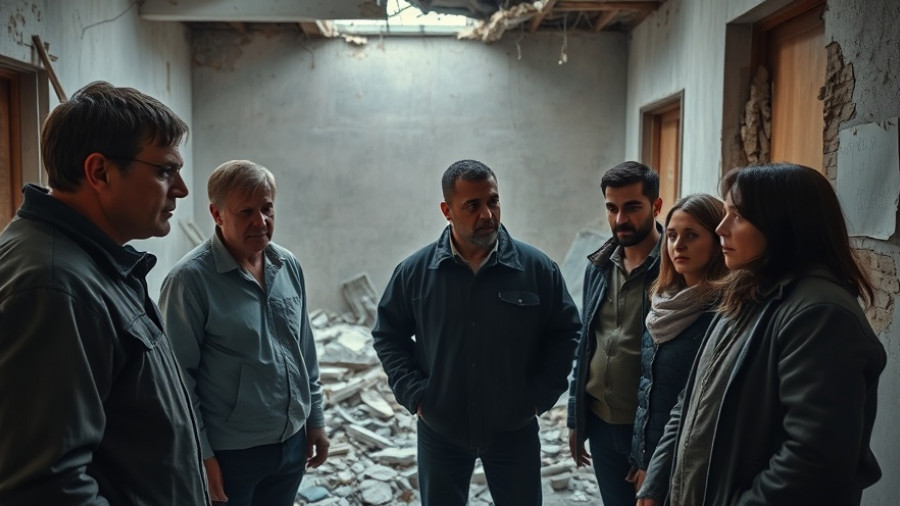
Trump's Stark Warning: The Stakes in Nigeria
In a recent post on Truth Social, former President Donald Trump took a bold stand regarding the ongoing violence against Christians in Nigeria. His remarks come in light of what he describes as an "existential threat" to Christians in the region. He expressed that should the Nigerian government continue to tolerate the violence, the United States military might intervene, going in "guns-a-blazing." This statement showcases not just Trump's ongoing concern for religious persecution globally, but also reflects a potential shift in U.S. foreign policy.
Understanding the Context: Religious Persecution in Nigeria
Trump's alarming assertions follow a series of violent incidents where thousands of Christians have reportedly been killed by radical Islamist groups. He mentioned that Nigeria's situation has become dire enough to warrant its designation as a "COUNTRY OF PARTICULAR CONCERN." This classification raises awareness about the humanitarian crisis and highlights the need for a response to protect vulnerable populations.
The Nigerian Government's Response: A Denial of Genocide
In stark contrast to Trump’s claims, Nigerian officials, including Minister of Foreign Affairs Yusuf Maitama Tuggar, have denied the existence of genocide. They argue that these statements exaggerate the situation, asserting that there is no genocide taking place in Nigeria. Such conflicting narratives raise questions about the reliability of information and how international audiences perceive Nigeria’s internal conflicts.
The Broader Implications: U.S. Actions and International Relations
If Trump’s words are taken seriously, they could lead to significant changes in U.S. foreign aid and military involvement in Nigeria. The former president has suggested that a military response would be swift, fierce, and effective, echoing promises of a strong defense of human rights. This can potentially lead to heightened tensions between the U.S. and Nigeria, as military action could be seen as an infringement on sovereignty.
Connecting the Dots: Historical Perspectives on U.S. Engagement
The U.S. has a complicated history of engaging in foreign conflicts, often justified through the lens of protecting human rights and democracy. Trump's declaration could follow similar paths taken in places like Afghanistan and Iraq, where humanitarian reasons were cited for military interventions. This historical context provides a backdrop to understand the possible repercussions of engaging directly in Nigeria's conflicts.
A Local Perspective: Why Kansas City Residents Should Care
While the violence in Nigeria may seem distant from Kansas City, it impacts our global outlook and business relationships. Many local businesses engage with international partners, and the stability of regions like Nigeria could have indirect effects on trade, cultural exchange, and community investments. Understanding these global narratives is crucial for Kansas City residents to navigate international markets and foster community growth.
Final Thoughts on the Impacts of Trump's Statements
As communities around the world grapple with complex issues like religious persecution, Trump's comments remind us of the weight held by U.S. foreign policy. His calls for action can spark conversations about the responsibilities the U.S. holds on the global stage, pushing local residents to think critically about their role in supporting humanitarian efforts.
As discussions about foreign policy and humanitarian crises continue, it’s essential for individuals to stay informed. Have a story to share or want to contact us for more details? Drop us an email at team@kansascitythrive.com.
 Add Row
Add Row  Add
Add 




Write A Comment